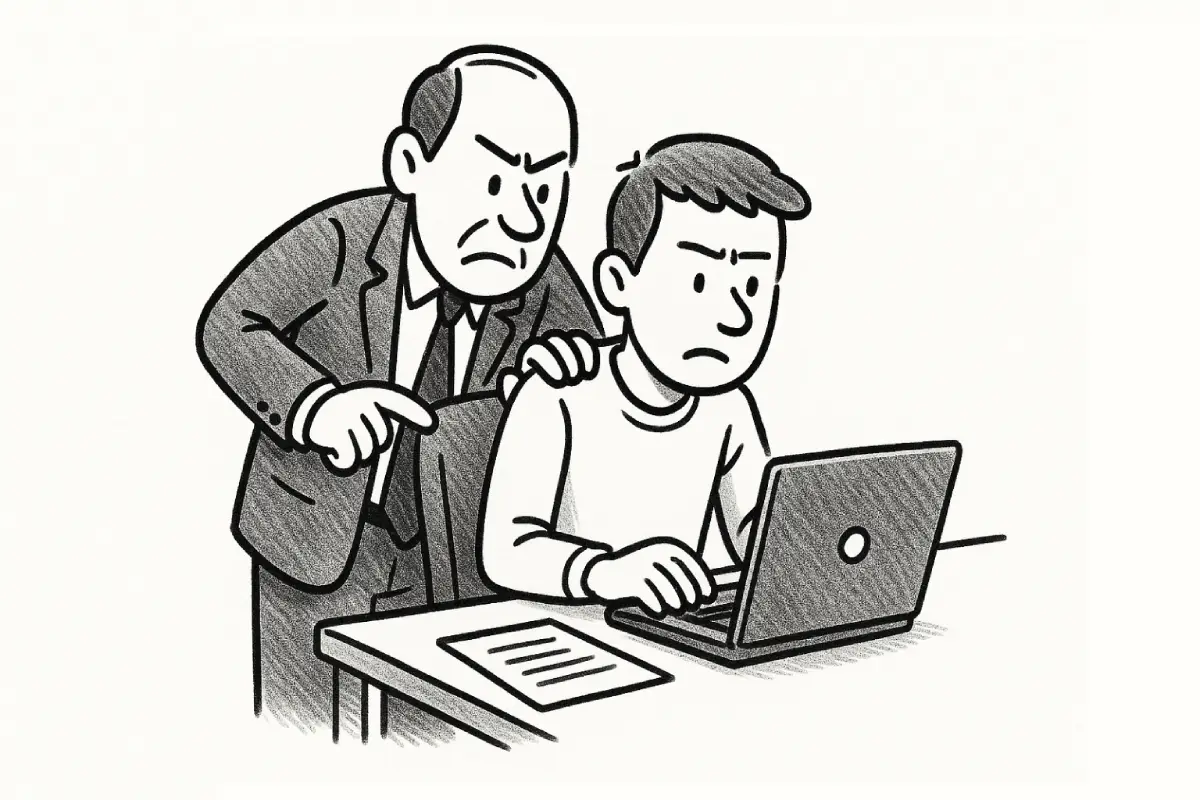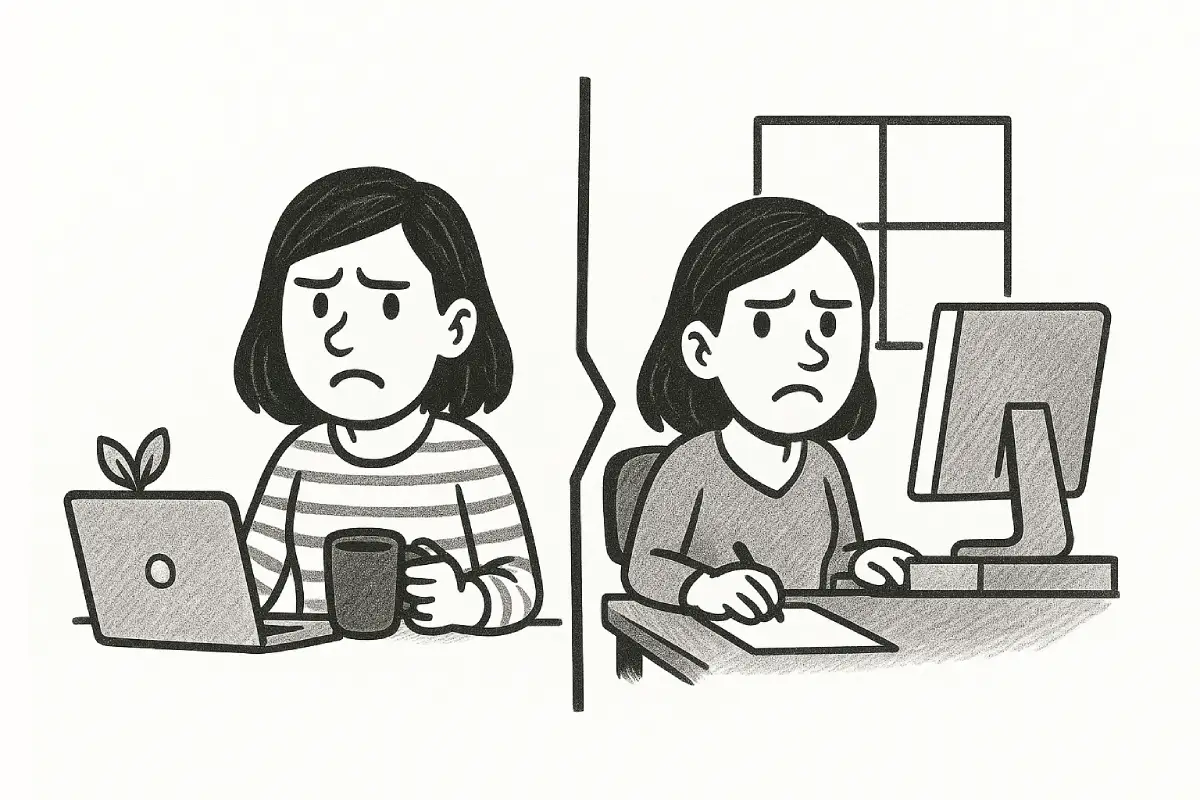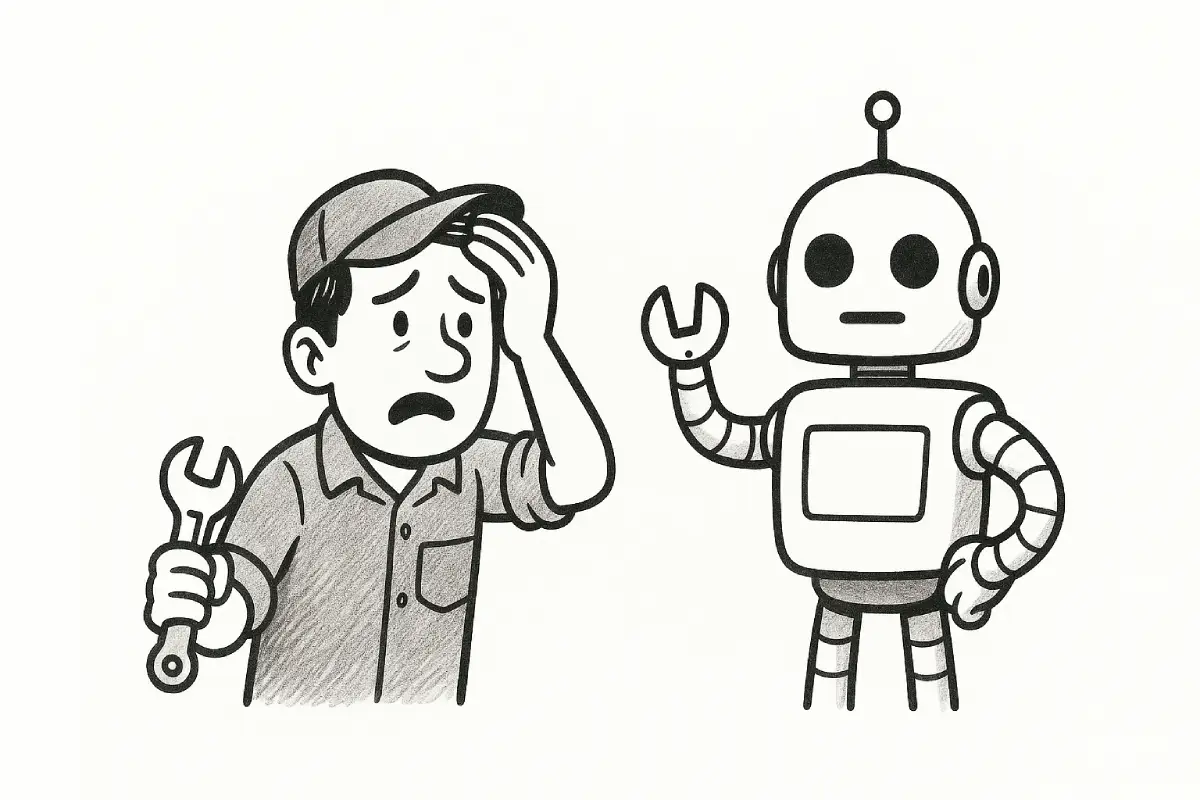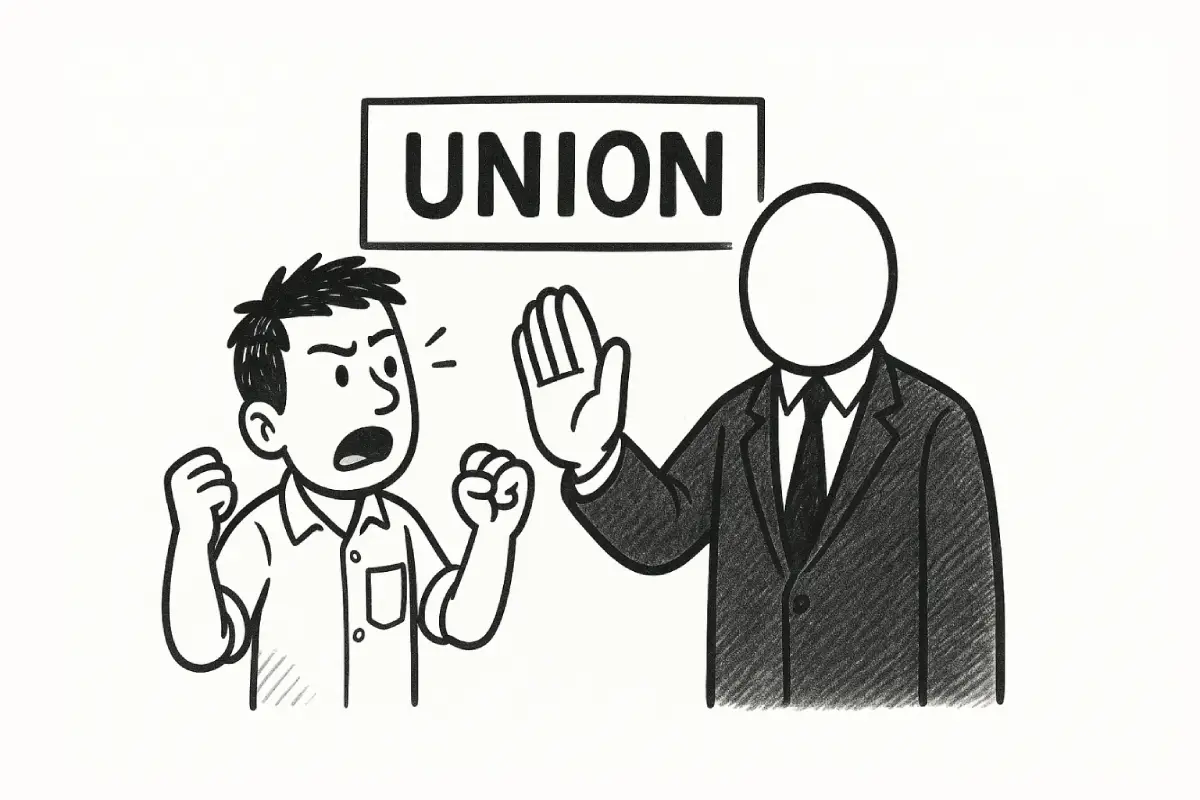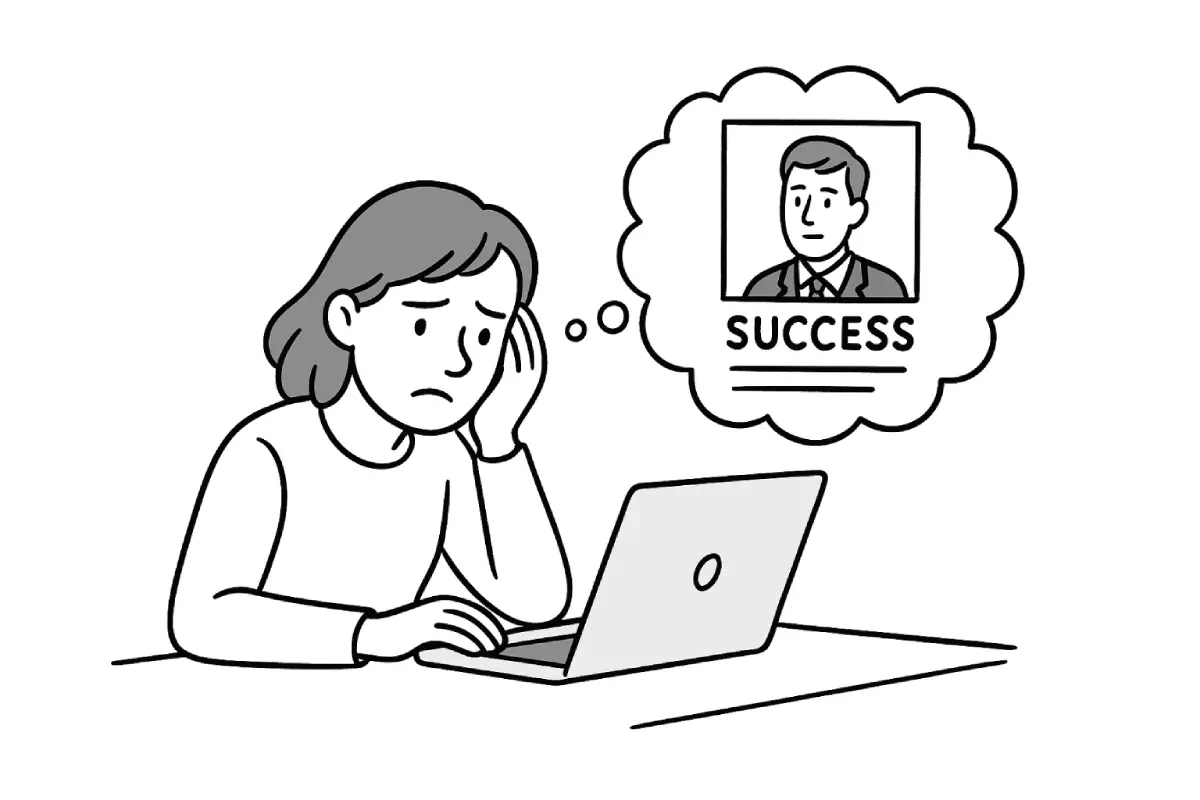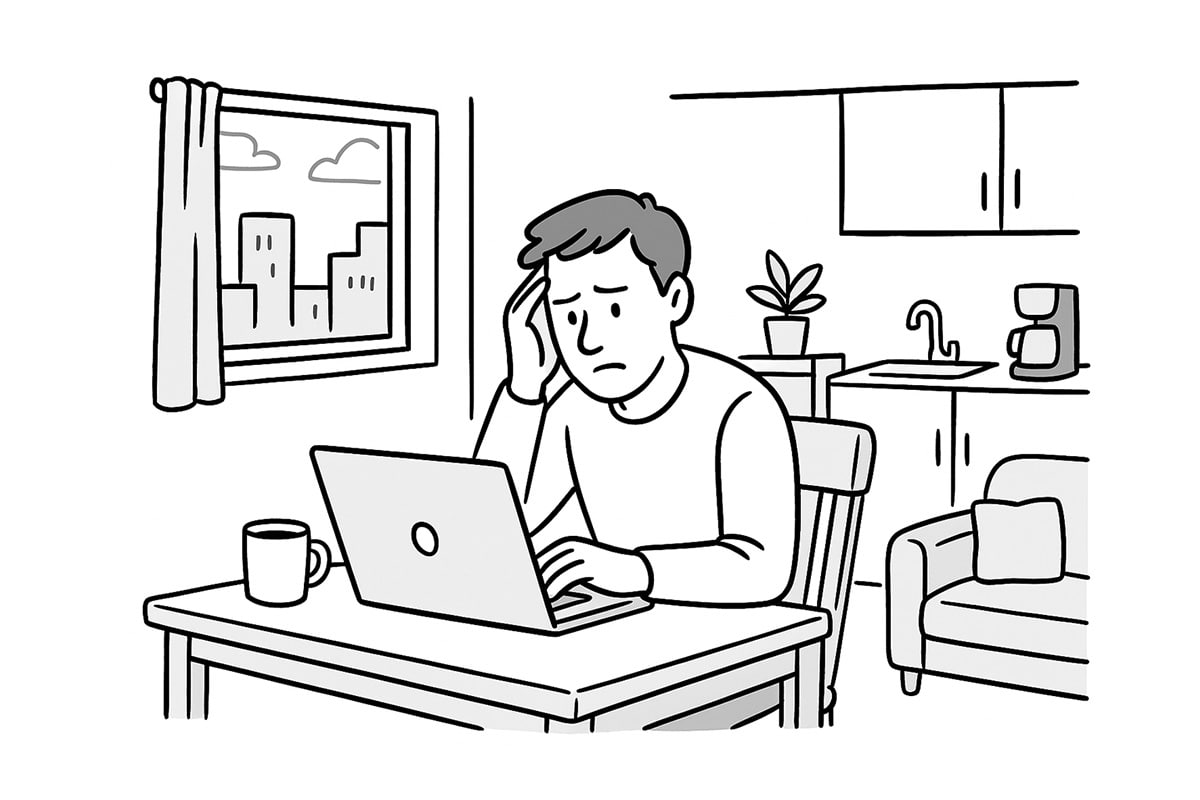The silence in a micromanager’s office isn’t peaceful — it is the kind that makes your stomach clench. Every sound feels too loud: a keyboard tap, a cough, even moving your chair. It’s like the whole floor is waiting for something to go wrong. You don’t feel like you’re working; you feel like you’re performing, every tiny move judged, even if no one says a word. Your very posture becomes a statement, a constant, low-grade apology for taking up space.
My desk felt like it was always under a spotlight. Even when he wasn’t standing there, I could feel him hovering. He’d notice everything — a misplaced comma in an email, a font choice that wasn’t “professional” enough. That constant sense of being watched sat on my shoulders like a heavy backpack, making even simple tasks feel exhausting. It was a kind of unseen choreography where my hands, moving across the keyboard, felt less like my own and more like marionette limbs, dancing to a frantic, discordant tune only he could hear. Every movement was calculated: the soft placement of a mug to avoid a clatter, the precise angle of a screen to prevent a passing glance. It was a constant, draining performance of unobtrusiveness.
And in that world, creativity, that wild, timid creature, learns to stay hidden. It retreats into the deepest burrows of the mind, for to bring it out would be to subject it to a clinical, passionless autopsy.
The Geography of a Shrinking World
Working under that kind of scrutiny is an exercise in spatial awareness. Your own professional world, once a sprawling continent of possibilities, begins to shrink. It recedes, millimeter by millimeter, until it is no more than the space occupied by your chair. The horizon of autonomy, of trust, of the simple, expansive joy of a job well done on your own terms, is pulled in, replaced by a series of meticulously drawn, infinitely complex maps of procedure. Each task, no matter how small, becomes a journey through a labyrinth of approvals, of check-ins, of “just-touching-base” emails that feel less like collaboration and more like the rhythmic tapping of a jailer’s keys against the bars. Your inbox becomes a testament to this, a digital panopticon where every message is a potential exhibit in a trial you are perpetually undergoing.
Even the way you write changes. You stop saying “I did this” and start hiding behind phrases like “it has been completed.” Emails turn into a game of defense — more jargon, fewer opinions. You’re not trying to communicate anymore; you are just trying to avoid being the next target. It’s a subtle shedding of self, a linguistic disappearing act. This sterile dialect poisons collaboration; meetings become exercises in cautious ambiguity, where no one dares to voice a half-formed idea for fear it will be shot down before it can take flight. The goal is no longer to innovate or to excel, but to become invisible, to produce work so perfectly, flawlessly neutral that it offers no surface for criticism to cling to. You learn the art of blending in –doing your job just well enough to avoid questions, but never sticking out.
Statistics reflect this quiet exodus. A 2022 survey by GoodHire revealed the startling prevalence of this dynamic, finding that a vast majority of employees have experienced micromanagement. The consequences are stark: nearly 70% of them admitted to considering leaving their jobs because of it. The data paints a stark picture of flight, of talent escaping cages woven from incessant oversight. The numbers are clean, precise. But they cannot capture the sound of a spirit eroding—the quiet closing of doors inside a person, the absence of laughter in the hallways, the slow, grinding abrasion of potential against the stone of mistrust.
The Slow Erosion of Color
I remember a project, a small thing, a presentation deck. I had an idea a flicker of something new. A way to use color and imagery that felt like a story, that had a pulse. I worked on it after hours, in the quiet blue light of my own time, where the air was different, where I could breathe. It felt sacred, that quiet labor. The slides were beautiful, I thought. They felt like me. They were a quiet rebellion, a splash of watercolor in a world of stark black lines, a small testament to the person I was outside those gray walls.
He saw it, and his first question was not about the concept or the narrative. It was: “What is the precise hex code of this blue? Does it align with the tertiary color palette outlined in the Q3 brand guidelines addendum?” He held the printout at arm’s length, as if it were a contaminated object.
The question was a bucket of cold, gray water. It washed the life out of the thing I had made. The conversation that folowed was a slow, methodical disassembly of my creation, piece by piece, under the harsh fluorescent lights of his judgment. He didn’t raise his voice; he didn’t have to. His tone was one of weary disappointment, the most effective weapon in a micromanager’s arsenal. The soul of my work was gone, extracted with the detached precision of a surgeon removing a splinter, and replaced with approved, sterile, lifeless alternatives. I learned, then, that my own judgment was a currency with no value in this kingdom. My professional instincts, honed over years, were deemed counterfeit.
This is the true cost of micromanagement, a cost that can’t be quantified in a quarterly report. It’s the slow leaching of color from a person’s work, and then, from the person themselves. It’s the transformation of a vibrant, thinking, feeling individual into a pair of hands, a tool, an executor of tasks. Your mind, that intricate tapestry of ideas and insights, is treated as a liability, a rogue element to be contained. Research from Redline Group highlights the profound psychological impact, linking micromanagement to decreased job satisfaction and, critically, a decline in employee well-being. It is a slow-acting poison to both morale and mental health, leading not to a dramatic collapse, but a quiet, pervasive burnout that dims the entire world.
Memory becomes a strange, fragile thing, thin as a dragonfly’s wing, shimmering with moments of what could have been.
The Sound of the Aftermath
Leaving that job was not a single, declarative act. It was a gradual awakening, like surfacing from a deep, pressurized dive, where the light hurts your eyes and the air feels impossibly thin. For months afterward, I would find myself bracing for an impact that never came. I would write an email and hesitate for long minutes before sending, my finger hovering over the mouse, my mind automatically running a phantom diagnostic, searching for flaws he would have found. I would sit in a quiet room and mistake the peace for that other, heavier silence, my body still tensed for a critique that lived only in my memory.
The freedom, when it finally seeped in, was disorienting. It was the feeling of limbs unbinding after being held in place for too long, pins and needles of forgotten agency. It was learning to walk again without invisible restraints, to trust the ground beneath my feet. It was the rediscovery of my own professional voice, faint and reedy at first, a stranger’s voice, but slowly, gaining timbre and strength with each independent decision, each risk taken. It was the simple, profound pleasure of making a choice—a real, consequential choice—and living with the outcome, good or bad, because it was mine.
What is it like to work for a micromanager? It is like being a painter who is handed a brush with a single bristle. It is like being a composer who is told to write a symphony using only one note. It is an exercise in diminishment. It is the slow, quiet, meticulous sanding down of the human soul until it is smooth, featureless, and perfectly compliant. And the most haunting part is not the noise of the constant criticism, but the silence that follows, the vast, empty space where your own vibrant, chaotic, brilliant self used to be. It is a silence that you carry with you, long after you’ve closed the door for the last time, a quiet reminder of the color that was lost, and the painstaking, beautiful, and necessary journey of painting it back in.
You might also like: Why Your Team Doesn’t Trust You (And How to Fix It)
